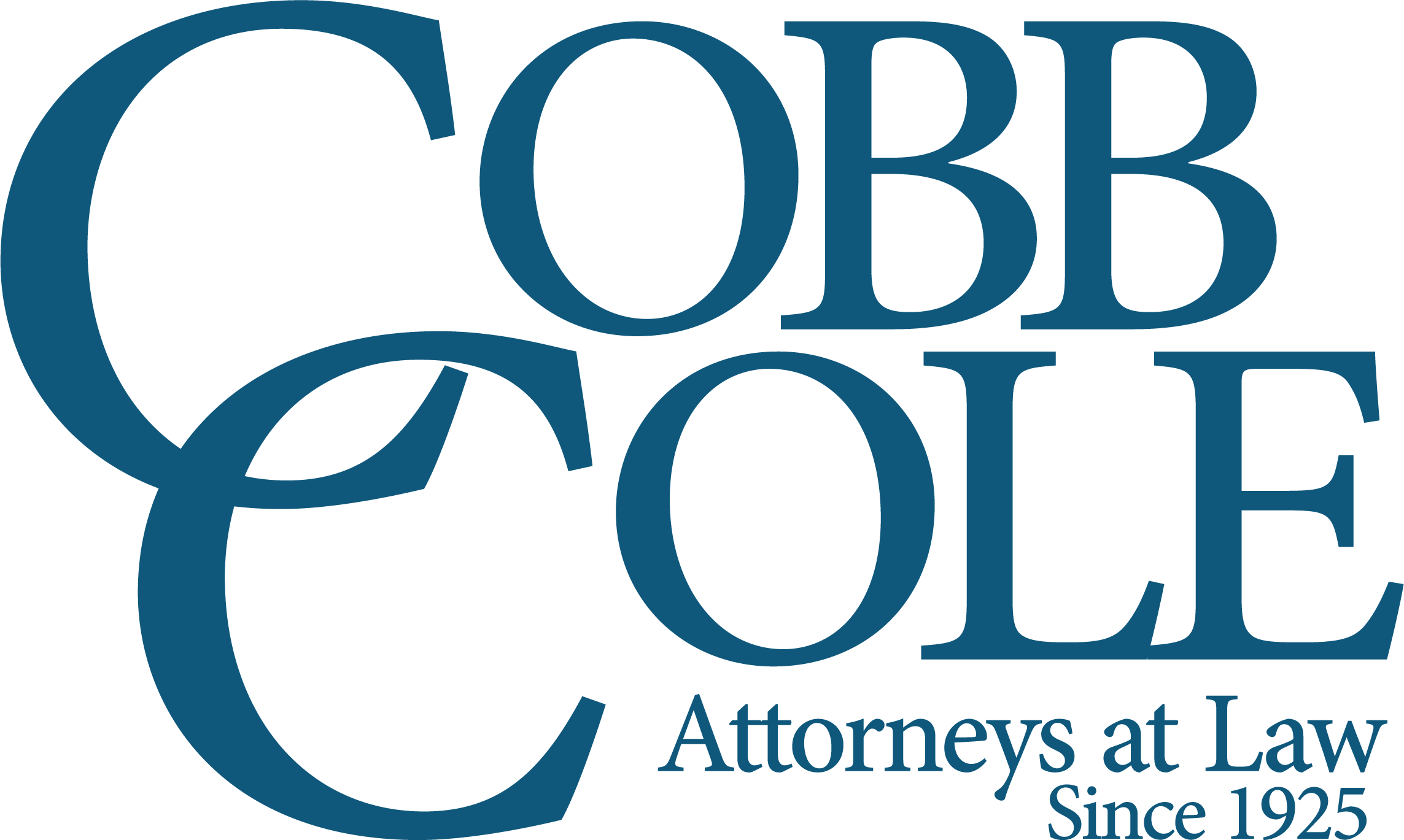Choosing the right pricing structure for a construction contract can shape how a project unfolds, how risks are allocated, and how disputes are managed. In Florida, two of the most common structures are cost plus contracts and lump sum contracts. Each has distinct advantages and trade-offs for contractors, owners, and design professionals. Understanding these differences is critical when planning or negotiating your next project.
Construction contracts also operate within a broader framework of Florida construction law, which governs how parties interact, allocate responsibilities, and enforce their rights. Pricing models directly influence this dynamic because they define who carries financial risk for delays, cost overruns, and unforeseen conditions. Working with a team that understands these nuances, such as Cobb Cole’s Construction and Design Law practice group, can help align contract terms with budget priorities and business goals.
Understanding Lump Sum Contracts
In a lump sum contract, the contractor agrees to complete the entire project for a fixed price. This approach is common when the project scope is clearly defined and costs can be reasonably anticipated.
Advantages:
- Predictable total costs for the owner.
- Contractors have flexibility in managing labor and materials.
- Administration and invoicing are simpler than other models.
Risks & Trade-Offs:
- Unexpected site conditions or material shortages typically fall on the contractor unless change orders are allowed.
- Contractors often include a contingency cushion, which can raise the overall price.
A lump sum contract works best for projects with minimal uncertainty, but terms must be drafted carefully to avoid disputes. Cobb Cole’s Construction and Design Law team regularly helps clients negotiate provisions that protect both contractors and owners when unexpected issues arise.
Understanding Cost Plus Contracts
A cost plus contract allows the owner to reimburse the contractor for actual project costs plus an agreed-upon fee (either a fixed amount or a percentage). These contracts are common when projects are complex or evolving.
Advantages:
- Flexibility for owners to adjust plans during construction.
- Less financial risk for contractors since costs are reimbursed.
- Greater transparency when accounting is well-managed.
Risks & Trade-Offs:
- Owners carry more financial exposure if costs exceed projections.
- Disputes may arise over which expenses qualify for reimbursement.
- Detailed cost tracking adds administrative complexity.
Attorneys like Robert E. Doan often work with contractors and owners to draft cost plus contracts that define reimbursable expenses and manage cost-control obligations up front.
Choosing Effective Contract Structures
Deciding between cost plus and lump sum contracts involves balancing several factors:
- Scope Clarity: Is the project fully defined, or is it likely to change?
- Risk Allocation:Should the owner, contractor, or both share financial risk?
- Budget Priorities: Does the owner need cost certainty, or is flexibility preferred?
- Project Complexity: Does the design involve innovation or evolving materials?
- Timeline Constraints: How should pricing account for delays or labor shortages?
These decisions are closely tied to construction law, which governs how contract terms are enforced and how disputes are resolved. Pricing structures affect far more than financial considerations alone; they shape how responsibilities and risks are managed throughout the project.
How Cobb Cole Can Help
Through its Construction and Design Law practice group, Cobb Cole advises contractors, owners, and developers on drafting contracts tailored to their goals. The firm employs a collaborative team approach, leveraging attorneys across multiple practice areas to guide clients from project conception through construction contract negotiation to completion.
This approach provides clarity when comparing cost plus and lump sum contracts while ensuring that agreements address permitting, insurance, financing, and potential disputes. For many Florida projects, understanding these pricing structures up front helps minimize risk and protect long-term interests.
By viewing construction contracts as strategic planning tools rather than simple cost documents, parties can negotiate terms that better align with their goals and reduce the likelihood of conflicts down the road.

